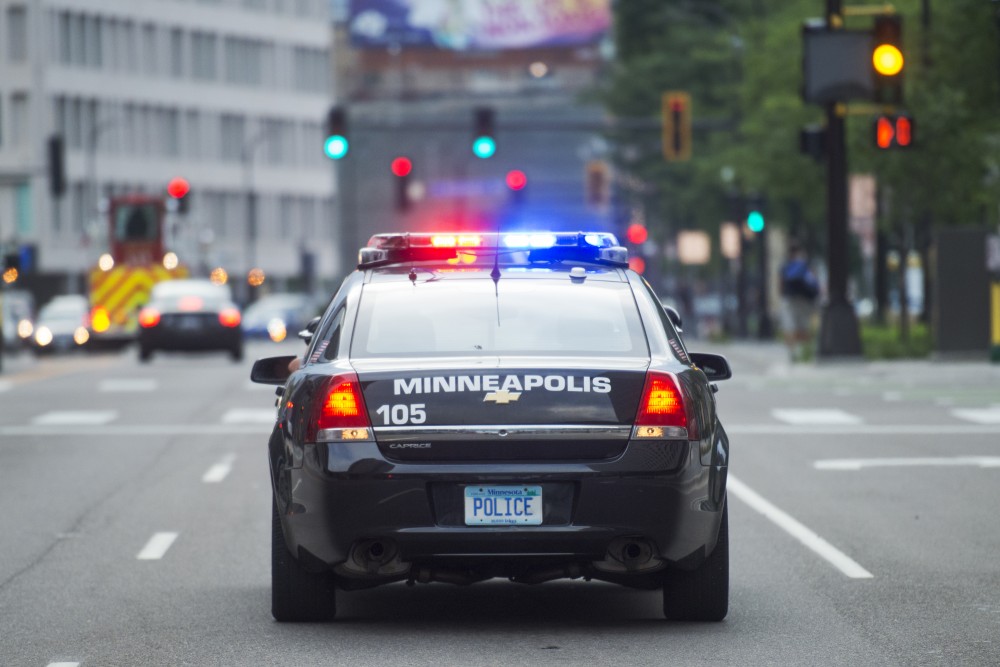A pilot program matching mental health professionals with police officers could broaden and find permanence after a successful year-long run.
The proposed 2019 Minneapolis budget could expand the mental health Co-Responder Program pilot to the 1st precinct, which includes downtown and Cedar-Riverside, while permanently continuing it in two South Minneapolis precincts. The program has mental health professionals respond to crisis calls along with officers.
“The goal is to provide the help and mental health services that these individuals need,” said Minneapolis Mayor Jacob Frey. “The results speak for themselves.”
The expansion to the 1st Precinct, which Frey said receives the highest number of calls for emotionally distressed persons, would start with a one-year pilot and may be the next step in a city-wide program.
Ward 6 City Council member Abdi Warsame said individuals in crisis require more resources outside the capabilities of officers.
“[Individuals] will get arrested and then be released because they can’t be kept in jail,” Warsame said. “Then they’ll go back to the same place. If you give them the help … I think then you are able to address the problem.”
The pilot program currently operates in the 3rd and 5th precincts in South Minneapolis. Out of 326 co-responder calls, zero arrests were necessary and 245 individuals were able to remain in their homes or were transported to the hospital for further care, Frey said. The budget proposal estimates 450 individuals will be able to remain in their home annually after expanding the program.
The program provides necessary care while freeing officer resources, officials say. The mental health professionals conduct immediate assessments and have in-depth knowledge of available resources.
The current co-responder units in the 3rd and 5th precincts each comprise of two mental health professionals and two officers who ride to calls for emotionally distressed persons. The teams dress in civilian clothing and drive unmarked vehicles to avoid intimidating persons in crisis.
Programs similar to the Minneapolis pilot, such as the one in Duluth, show a decrease in incidences requiring force or incarceration of individuals, according to a 2016 study by the Minneapolis Police Conduct Oversight Commission.
Sgt. Kris Brown of the Minneapolis Police Department’s 5th Precinct said this is a service which can benefit underserved groups and communities.
The Mayor’s budget recommendations include $206,000 in ongoing funding, with another $74,000 as a one-time cost to expand the program and continue it permanently. An additional $30,000 was recommended for an unmarked vehicle and $6,000 in ongoing fleet costs. The budget is currently open to community input and will seek approval from City Council in December.
“I believe that the services they’re providing … you can’t really put a price on being able to help somebody in their crisis,” said Brown. “The underserved I think are the people that benefit … the greatest from this and their families and the community that they live in.”
Correction: A previous version of this article misspelled Sgt. Kris Brown’s name.







